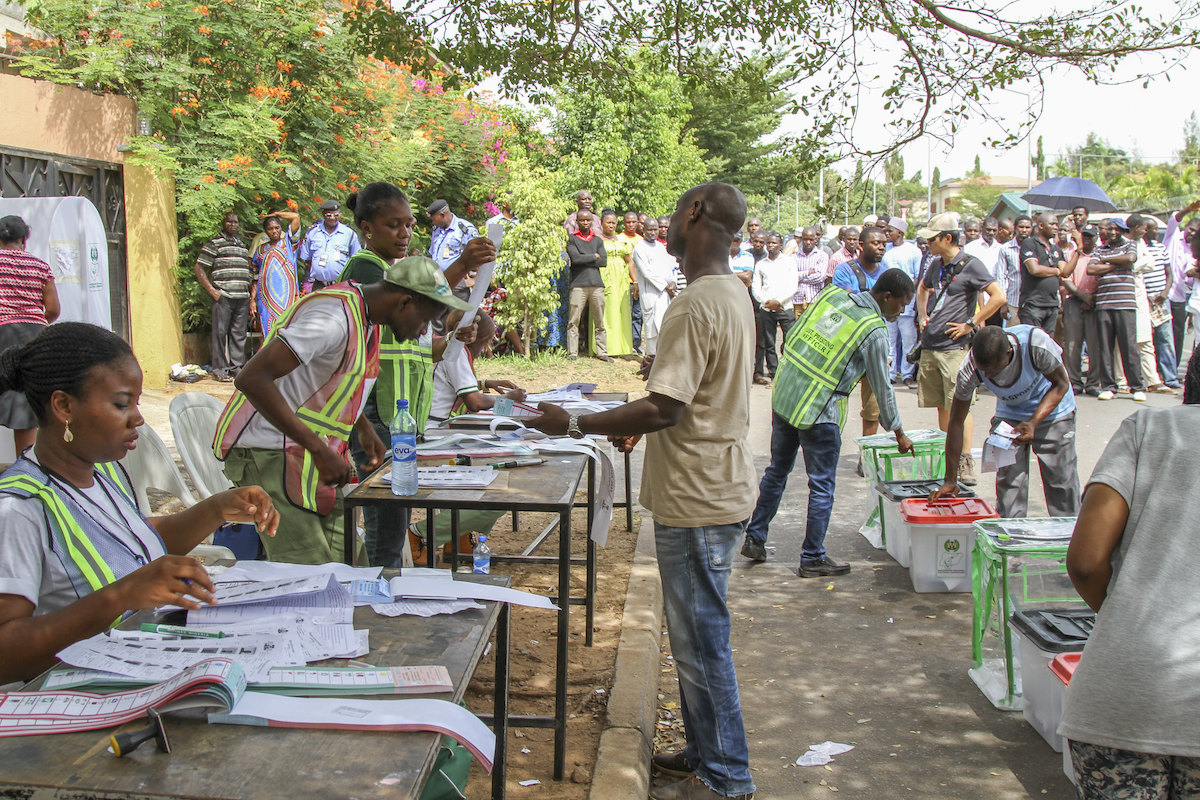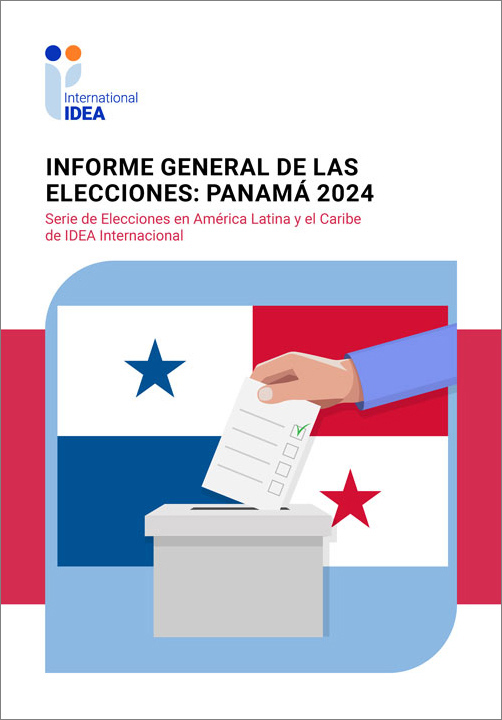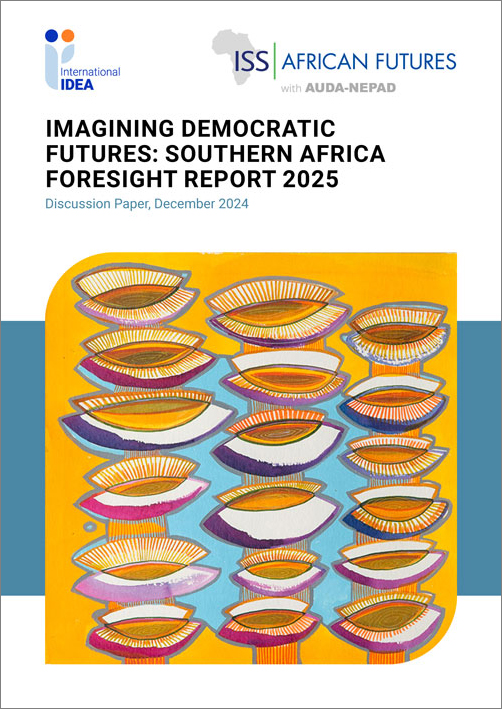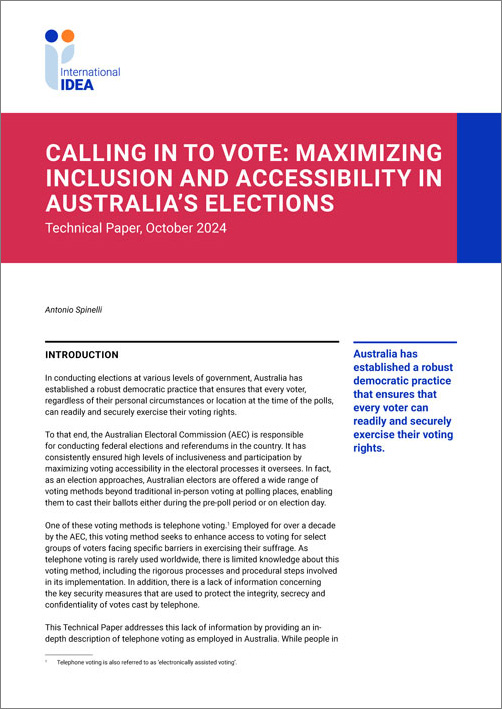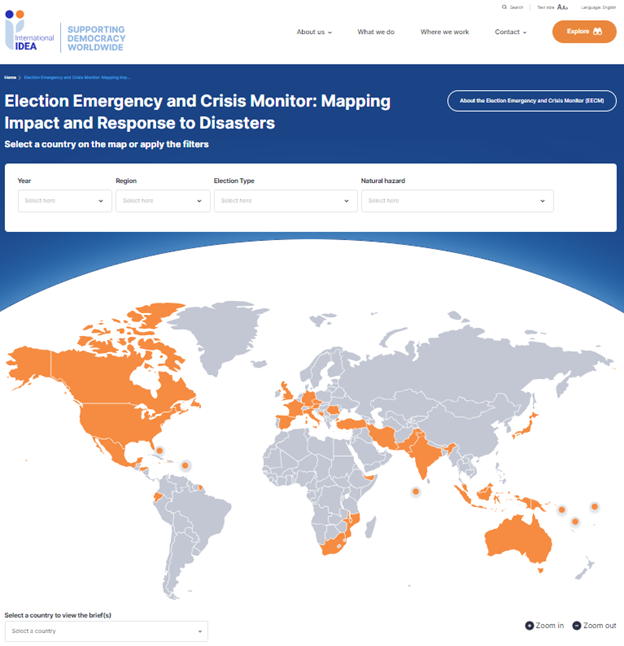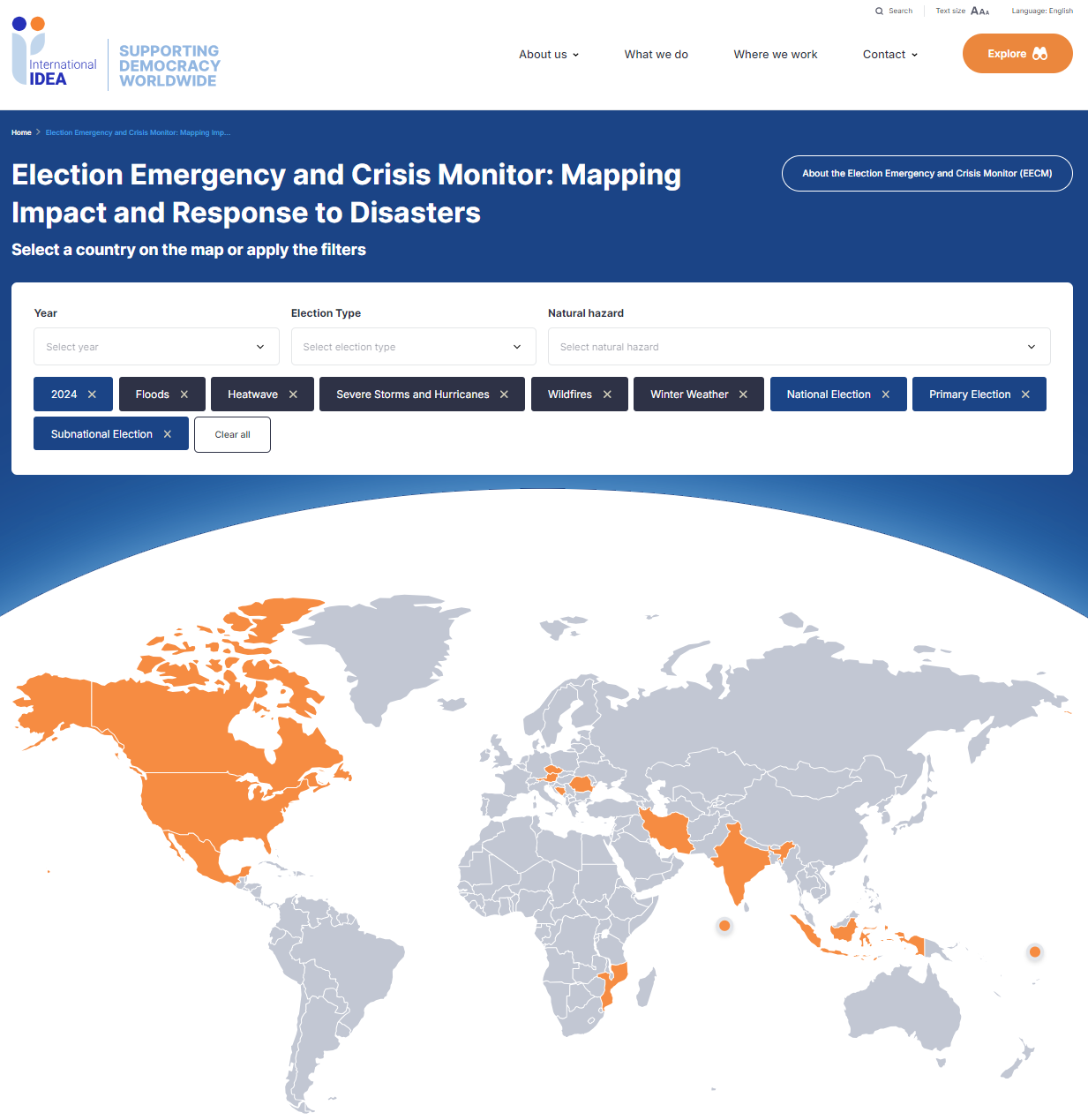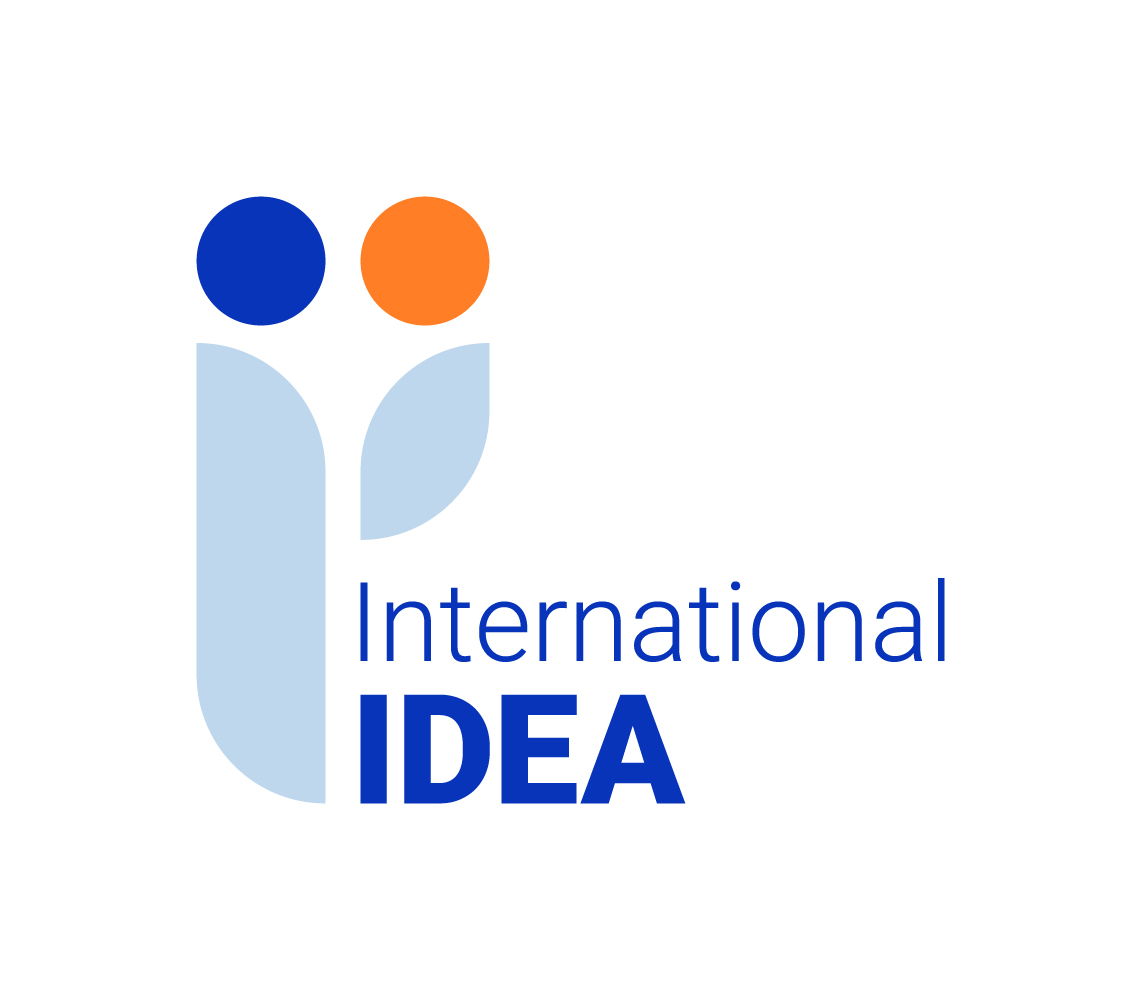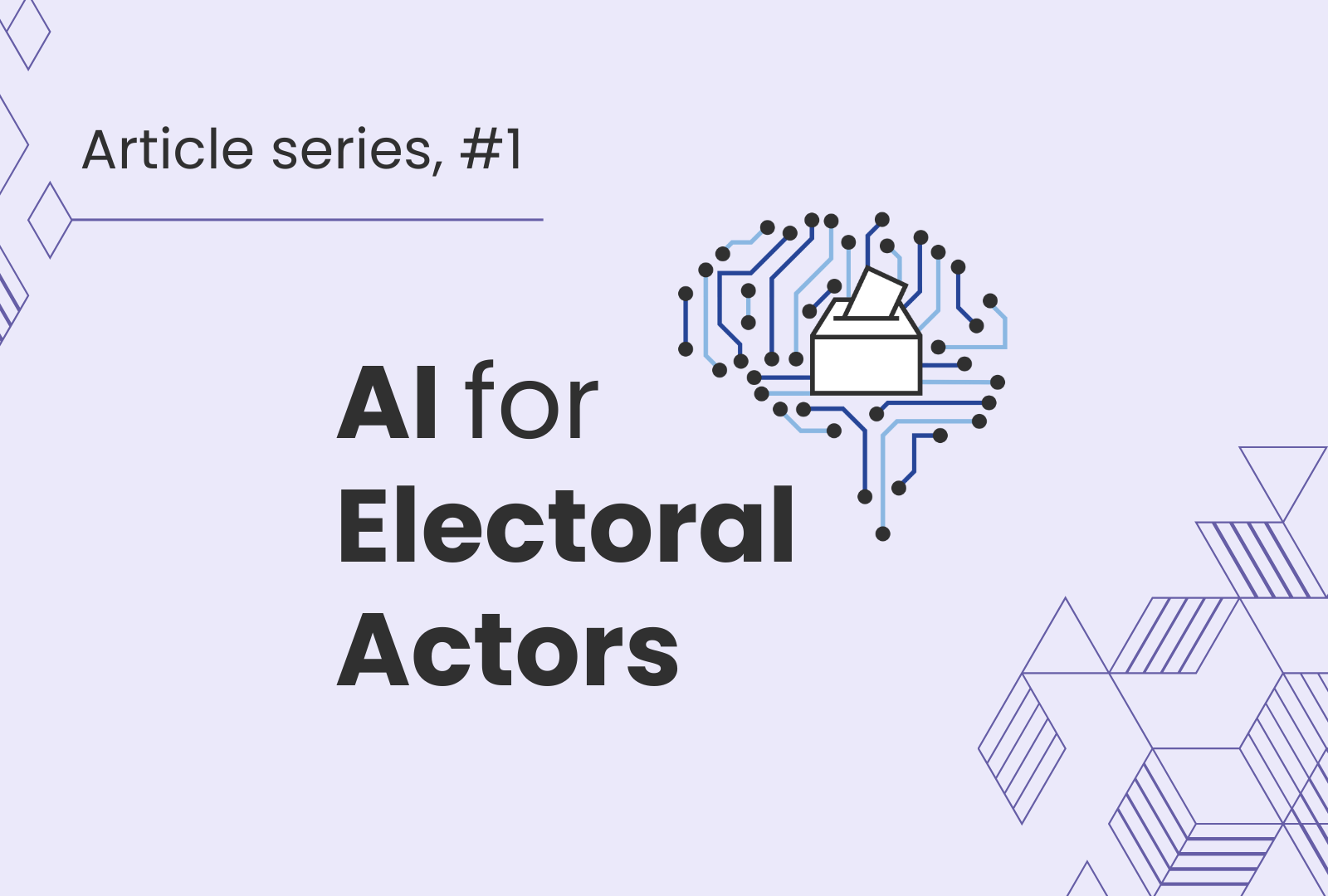Electoral Law Reform in Africa: Insights into the Role of EMBs and Approaches to Engagements
Electoral reform is an integral part of democratic development.
In broad terms, electoral reforms are undertaken to improve the electoral process by promoting the electoral rights of citizens and by operationalizing key principles such as impartiality, inclusiveness, transparency, integrity and accuracy. Continuous reflection, reform and adaptation of the legal framework governing electoral processes that are based on experiences, reviews and assessments are necessary in both old and new democracies.
This policy paper explores EMB involvement in the area of electoral law reform in Africa and aims to provide guidelines for EMB engagement. More specifically, it presents EMBs with key issues that need to be taken into consideration in addition to hands-on experience and lessons learned from EMBs that have previously undertaken work in this area.
Details
Contents
Key recommendations
Executive summary
1. Introduction
2. The electoral law reform environment
3. EMB roles
4. EMB approaches
5. Challenges and risks
6. Recommendations for EMBs engaging in electoral law reform
References and further reading
Acronyms and abbreviations
Acknowledgements
Give us feedback
Do you have a question or feedback about this publication? Leave us your feedback, and we’ll get back to you
Send feedbackElectoral Law Reform in Africa: Insights into the Role of EMBs and Approaches to Engagements
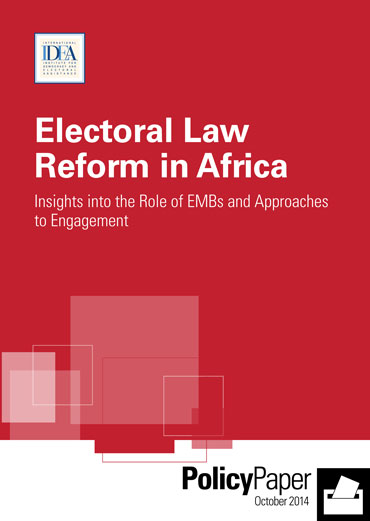
| Total views | 5405 |
|---|---|
| Downloads | 61 |
| Rating |
Give us feedback
Do you have a question or feedback about this publication? Leave us your feedback, and we’ll get back to you
Send feedback